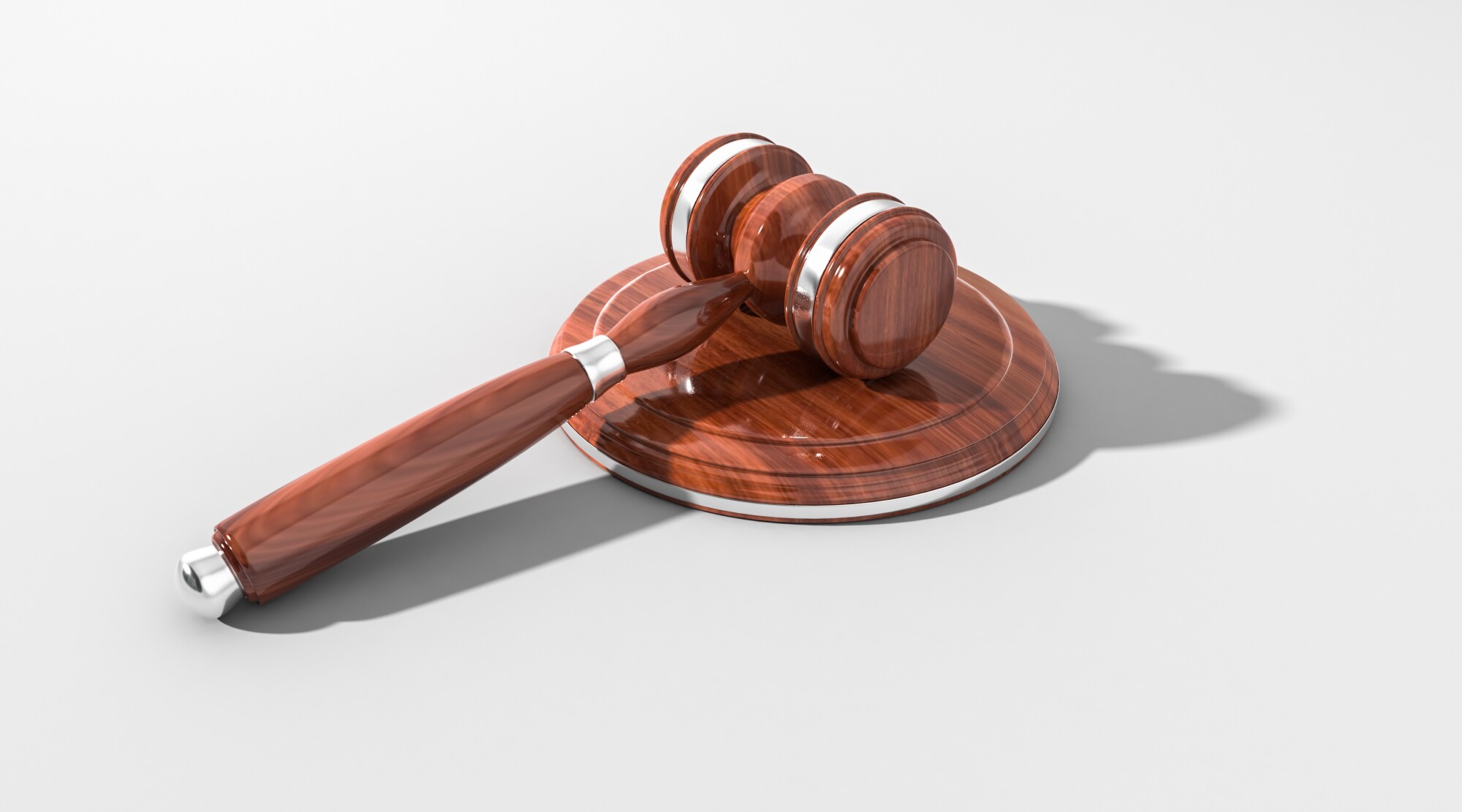Did you know that Texas is the fourth worst state for drunk driving? Per 100,000 residents, the state averages 5,129 drunk driving deaths.
Given this statistic, it’s no surprise why Texas courts take DWIs seriously. Even if you’re a first-time offender, you could face serious charges. One poor decision can lead to jail time, major fines, and a mark on your record.
Of course, this is just the worst-case scenario. Every DWI case is different, and the penalties depend on many factors. To help you make sense of it all, here’s a guide on what happens after your 1st DWI in Texas.
What Is a DWI in Texas?
First things first: what’s considered a DWI in Texas? Well, driving while intoxicated (DWI) means you either:
- have a blood alcohol concentration (BAC) of over 0.08%
- lack the normal use of physical or mental faculties
In other words, you can get a DWI based on obvious impairment or the amount of alcohol in your system. Many people reach 0.08% after one or two drinks, so getting a DWI is easier than you may think.
DWI Charges for a First Offense
In general, a first-offense DWI in Texas is a class B misdemeanor. The mandatory minimum jail time for this charge is three days. At most, you could spend up to 180 days in jail and pay a fine of up to $2,000.
Keep in mind this is only a minimum charge for a DWI. Prosecutors may try to bring additional charges, increasing your penalties. Since Texas takes DWIs seriously, this is a very common occurrence.
Enhanced DWI Penalties
Texas law is complex, and DWI cases can contain various aggravating factors. Each of those factors could lead to enhanced penalties, such as escalating jail time. Common examples include:
Having a BAC of 0.15% or Higher
During your arrest, the officer will ask you to submit to a breathalyzer or blood test. If your BAC registers at 0.15%, the charge against you could be a class A misdemeanor, even for a first offense.
In Texas, a class A misdemeanor carries a potential penalty of up to a year in jail. The maximum fine is $4,000 plus administrative fees.
The court may also order you to install an Ignition Interlock Device (IID) in your car. This is a breath-testing machine you’ll need to blow into to start the vehicle. If it detects alcohol, you could have your bond revoked.
DWI With an Under-15 Passenger
If you have a minor with you at the time of a DWI arrest, the court will charge you with a felony. Under this charge, you stand to spend up to two years in state jail and pay up to a $10,000 fine.
Intoxication Assault
Intoxication assault involves injuring another person while driving drunk. This usually results in a third-degree felony charge. The penalties include two to ten years in prison and up to a $10,000 fine.
Intoxication Manslaughter
If someone dies as a result of your drunk driving, you could face a second-degree felony. This carries a potential charge of 2 to 20 years in prison, as well as a $10,000 fine.
Civil and Administrative Penalties
Beyond criminal penalties, a first-time DWI charge may lead to civil penalties. That’s particularly common if you’re charged with a class A misdemeanor.
For example, the court could decide you have an alcohol use disorder. If so, you’ll need to attend a DWI course within six months of your conviction. You may also have to report to a state-approved treatment facility.
A DWI charge may cause you to lose your license. Testing above 0.08% BAC usually involves a 90-day revocation. If you refuse to submit to a blood or breath test during the arrest, you’ll likely lose your license on the spot.
Disregarding these treatments and penalties could lead to further charges. To ensure you’re not breaking any laws, consider hiring a Texas DWI attorney.
How Long Does a DWI Stay on Record?
Another issue with DWI charges in Texas is that they count as prior convictions forever. There are only two options to clean up your record.
First, you may be able to expunge the charge. This is only possible if the charge doesn’t result in a conviction. In this case, you’ll need to submit a petition for expunction within 30 days of the DWI getting dismissed.
The other option is to get a non-disclosure on your DWI. This is only possible for people sentenced to jail time or probation as a result of a DWI. The law is retroactive, so it applies to older DWI cases as well.
Dismissing a DWI Charge
Forcing a DWI charge dismissal isn’t easy, but it can happen. In this case, you won’t have to go to court and the offense won’t show up on the record. Your driving privileges will be reinstated as well.
Most DWIs get dismissed due to police mistakes. For instance, your arresting officer may not have reasonable evidence to pull you over. If so, everything that follows the traffic stop will get dismissed, including the charge.
There’s also a chance your arresting officer made a DUI checkpoint mistake. Some examples of these mistakes include:
- Not publicizing the checkpoint in advance
- Not respecting your constitutional rights
- Having a biased procedure for stopping vehicles
- Not following traffic laws at the checkpoint
Reducing or Deferring a DWI
If dismissal isn’t an option, you can still fight to reduce the DWI charge. In Texas, prosecutors have the power to waive any enhanced charges. That said, you need to present a compelling reason for them to do it.
Another tactic that may work is to apply for deferred adjudication. This involves entering a “no contest” or “guilty” plea and abiding by the judge’s conditions. Completing the requirements will result in case dismissal.
1st DWI in Texas Made Easy
As you can see, even your 1st DWI in Texas isn’t something to take lightly. DWI laws are complex, and every mistake can have major consequences. The best way to protect your legal rights is to hire a DWI lawyer.
Interested in hiring a lawyer in the Austin, Texas area? Our DWI experts at Deandra Grant Law can help you navigate any case, no matter how complex! Contact us here to learn more about what makes our law firm different.



















